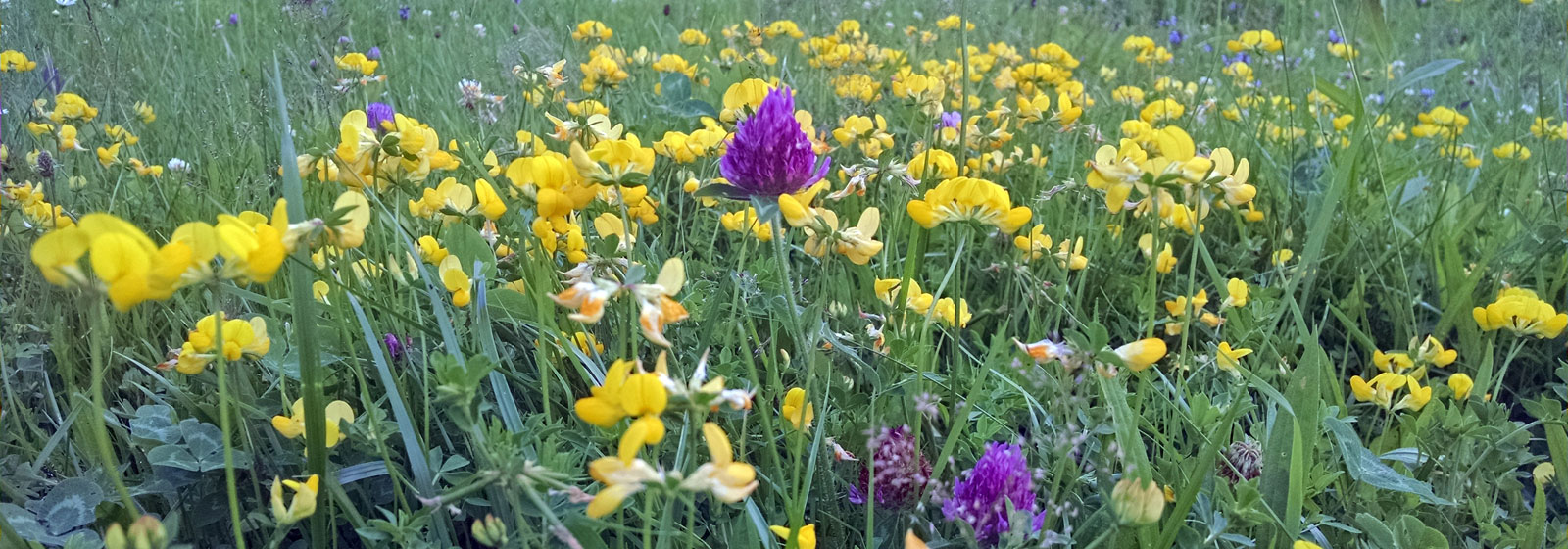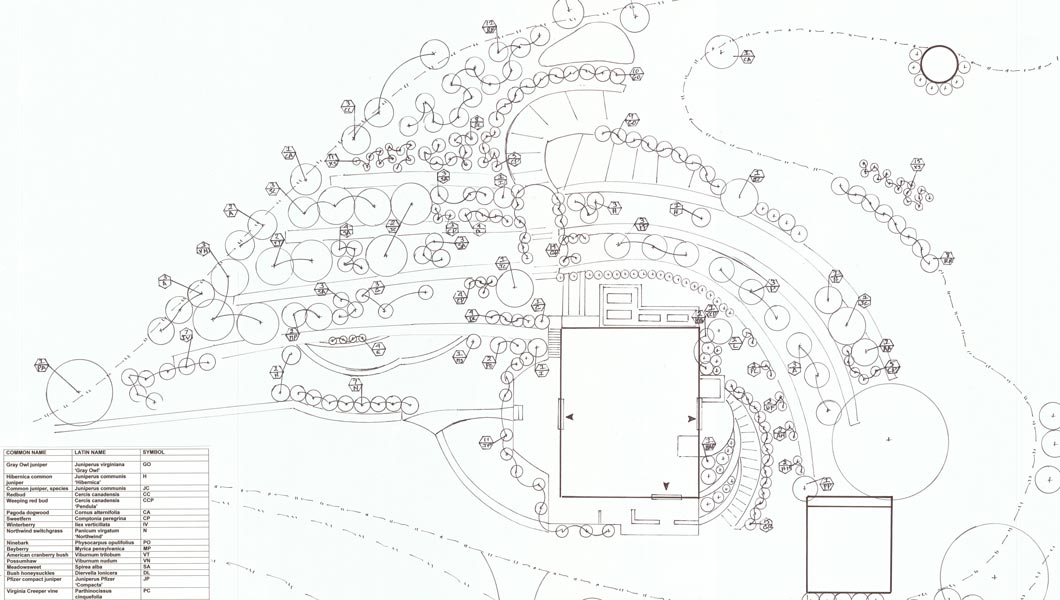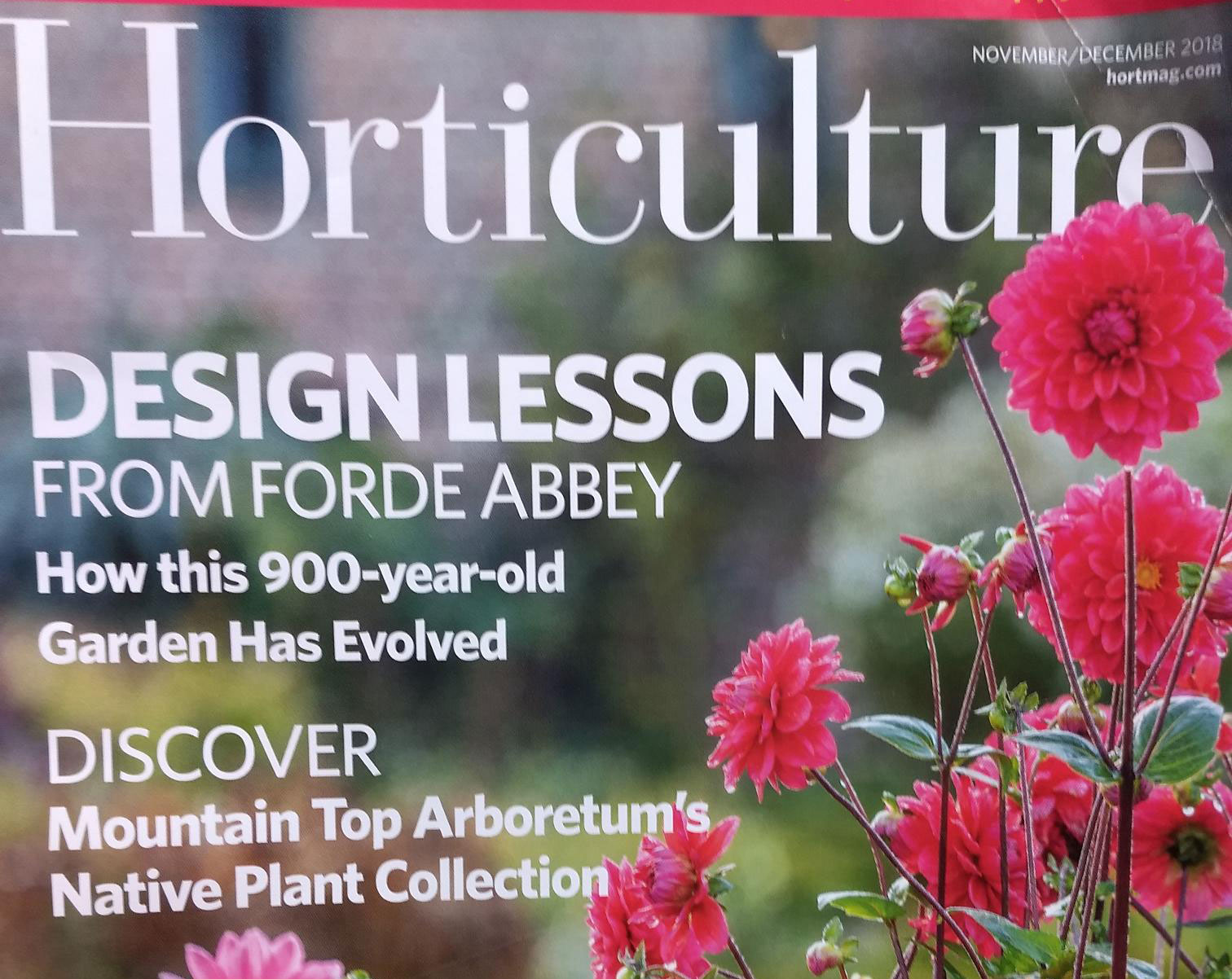Garden Coaching for DIYers – On Site Sessions
Initial Consult: $385.00 + travel time round-trip to your site.
- First two-hour site visit with garden walk-through with you
- Verbal ideas and suggestions during our visit
- Ask me anything about soil, sun, wind, drainage, plants (have a notebook handy for notes)
- I will use existing native vegetation as a guideline for your garden
- Written recap sent via email with photo examples/inspirations tailored to your garden conditions, suggested plant lists pertaining to the areas discussed and resources such as nurseries and other material suppliers
- Have a garden hose on hand to lay out beds to inspire your imagination
- Garden Tidbits E-Newsletter offering ecological garden news, herbalism nuggets and ways to connect to your inner Earth Wisdom
Extended Coaching: $75.00 per hour (after initial consult) + travel time
- Follow-up site visits to clarify and fine-tune design ideas and answer any additional questions
- Nursery visit with you to select plants
- Installation questions regarding compost, soil, mulch, amendments
- Plant lay-out and other install guidelines on first day of DIY install
- Maintenance guidelines and pruning questions answered/demonstrated on site throughout the garden season and in years to come
*Travel time for Garden Coaching is billed round-trip at the 2025 Federal Mileage rate of $.70 per mile from my home office to your site. Sessions more than 30 miles away, the travel charge is $75.00 per hour R/T. Due to high demand, a 50% deposit is requested to reserve a space on the Garden Coaching schedule for spring 2025. All forms of payment accepted. Currently booking appointments for spring into April.
Garden Coaching for DIYers – Remote Sessions
$385.00 and no travel fees. Faster turnaround time!
Remote Garden Coaching is for DIYers who live in Sullivan County or beyond. You can be anywhere – along the Delaware River at the Pennsylvania border or in Northern New Jersey, Maine, Vermont, even on vacation somewhere exotic as long as you can send me photos of your garden.
- Instead of the two hour site visit, we have an initial 30-minute ZOOM so we can discuss the garden areas you wish to focus on.
- We narrow garden areas of focus to four garden areas.
- Then you take one to two photos of the four areas so I can mark up the photos adding hardscape (if requested) and plants.
- In 48 to 72 hours I send you the designed images with plant lists.
- After receiving the designed images and plant lists, we finish off with another 30-minute ZOOM so I can answer any lingering design questions.
- Garden Tidbits E-Newsletter offering ecological garden news, herbalism nuggets and ways to connect to your inner Earth Wisdom
- Extended coaching available for additional garden areas at $75 per garden area.
Garden Design – Traditional
STEP ONE: We have our initial design consultation for a couple of hours to walk and discuss your garden design needs and so I can meet the Land and see the plants who are currently living on the Land. The initial consult is followed up with an in-depth Landscape Statement with initial ideas and photo mark-ups. Once you’ve reviewed the document, we ZOOM so you can relay your likes/dislikes and I can answer any questions. $385.00 plus R/T travel time billed at design rate of $95 per hour.
STEP TWO: I sketch out a concept showing garden spaces and any hardscaping. We talk some more, you weigh in on the spatial layouts and Pinterest Plant Selection Boards. Once you’ve approved the garden concept, I draw a scaled plan and provide Plant Lists with sizes and quantities. $3,000.00 and up, depending on scope of project.
Co-Creative Garden Design Sessions
- Are you comfortable with becoming quiet and meditating?
- Have you ever as a child, or do you now still believe that all Beings are sentient and have their own special value (not as resources) and the right to live freely and peacefully on this Earth?
- Are you comfortable with learning new concepts that might challenge long-held personal and societal beliefs?
- Do you have a tender heart and does your heart feel pain when witnessing environmental destruction/pollution/unnecessary wildlife killing?
- Do you receive comfort from Nature – trees, birds, dogs, cats, the ocean, the little cellar spider in the corner, a roly poly or opossum?
The world is changing fast and the time is now for a Heart-centered approach to everything but since we are dealing with garden design, I’ll stick to that. I used to charge a lot of money to spend a little bit of time with you on the Land discussing your needs and wants and many hours into my studio – alone – creating the design which was then presented to you in a CAD construction document set. Now, I’m dropping the CAD and charging less to spend more time with you, your heart and five senses on the Land. We start with a brief (and maybe intense for some of you) meditation to connect with the Heart of the Earth and the other Beings who live on the Land. From there and with a more appreciation and awareness for the numerous life forms who are living on the Land with you, we walk the Land, meet some of the plants who are already there, and discuss garden and landscape areas, and what you envision for outdoor living.
To prepare yourself for this joyful new way of working together with the Land, I suggest reaching out to my friend and Plant Sister Miki Aso of We Are All Kin and taking her Intro To Earth Kinship Workshop. She will introduce you to ways that in our Co-Creative Landscape Design Session we can feel into the Land you wish to build gardens on. With greater awareness of your inter-kin-ectedness to the Land and of the needs of other Beings on the Land – trees, moss, birds, boulders, large and small mammals, soil organisms, fungi, water, together we enter into co-creative decision making with the rest of Nature.
To do this co-creative work, please provide either a scaled property plan showing the house location, a survey or a drone shot showing same – printed out on large scale 24″ x 36″ paper. I will bring trace paper and we will literally sit together to sketch out the initial hardscape elements (if any) and garden areas. We will use botanical flashcards to bring in the plants to the garden areas so you immediately begin to visualize the color and forms in the garden. This is a new way of working with you. For you to really envision your garden allow four to six hours with me on site to accomplish this co-creative garden design work. $650.00 plus R/T travel time billed at design rate of $95.00 per hour.
After the site visit, I take our sketches back to my studio and create hand-drafted scaled planting plans of the garden areas, hardscapes (patios, decks, pathways) and plant lists citing plant name, container size and quantity of plants. There will be no construction documents or construction details but a landscape installer, stone mason or carpenter will be able to provide estimates with the plant lists and dimensions on the plan. Price dependent on amount of garden areas and hardscapes but figure on $300 per garden area, plus the cost of large-scale plan print outs.
“I’m amazed and impressed and staggered by this bounty of information!
THANK YOU!” – Amy Jolin, Woodstock, NY
Project Management for Traditional Garden Design and Co-Creative Garden Design
If you desire continued guidance I am available to manage the installation from locating and hiring a reputable nursery or landscape contractor me to tweaking and finessing the design in real time. I am able to assist in sourcing harder to locate native plants. Project management fee is 10% of the installation costs as quoted by the landscape contractor(s) and includes travel time to the site and time spent on site.
Please email me with details about your project, timeline and location and any questions you may have at Karin@KULandscapes.com
SEASONAL NOTE: Garden Designers lead complicated lives during the insanely busy summer season of outdoor work, site installs, project management and garden coaching and since COVID many landscape contractors are booked in advance so patience on your part is essential. We can book our landscape design consult this spring, but studio time will depend on pre-scheduled garden installations and established garden coaching clients. When it is time for your garden installation, you will want the same attention to detail and presence on site.
House Plant Care
Going on vacation? Many garden coaching clients ask me to stop in weekly to water and care for their indoor Plant Family while they are away. Rate is $75 per hour plus R/T 2025 Federal Mileage Rate.
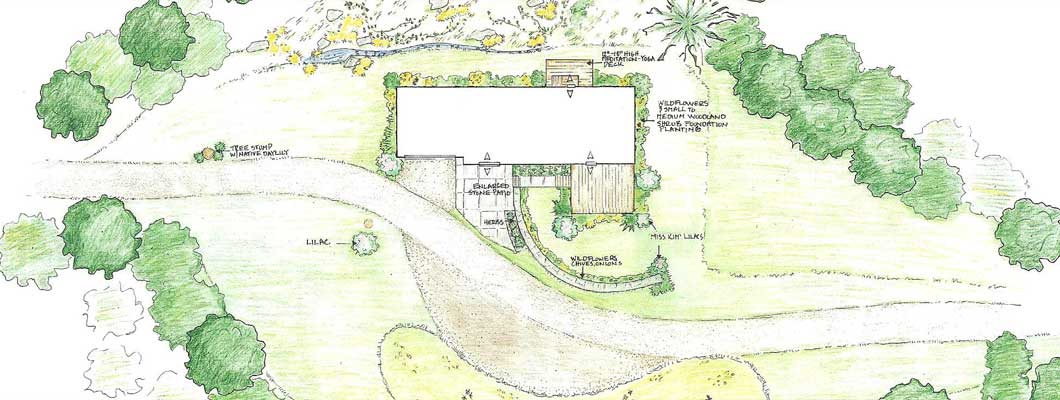
Types of garden projects
Meadow Gardens
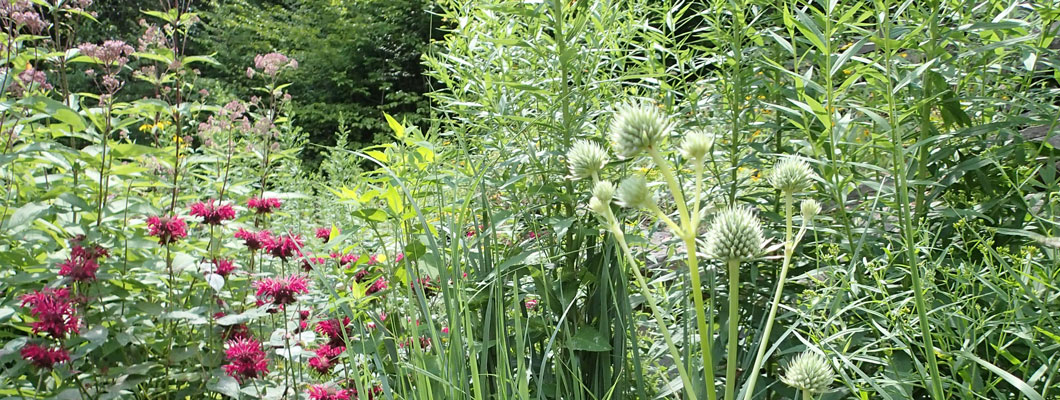
Where is the most obvious place for a meadow garden? The area currently planted with lawn, or that hardpan area at a construction site. Perfect green lawns require staggering amounts of fertilizers, weed killers, and insecticides — chemicals that poison environments and harm insect, bird, fish and other wildlife populations. Insecticides – equal opportunity killers – kill the good bugs along with the pests; fertilizers are dissolved salts and fungicides contain heavy metals. Enter the meadow garden, a grassland punctuated with blooming, nectar laden flowering perennials and other broadleaf plants. In Meadows by Design, John Greenlee describes a meadow as “a symphony of color, lights and texture.” A meadow garden is its own living, ecologically balanced environment composed of blooming plants and grasses that suit the site conditions and enhance biodiversity and insect, bird and wildlife habitat.
Gardens for Wildlife and Pollinators
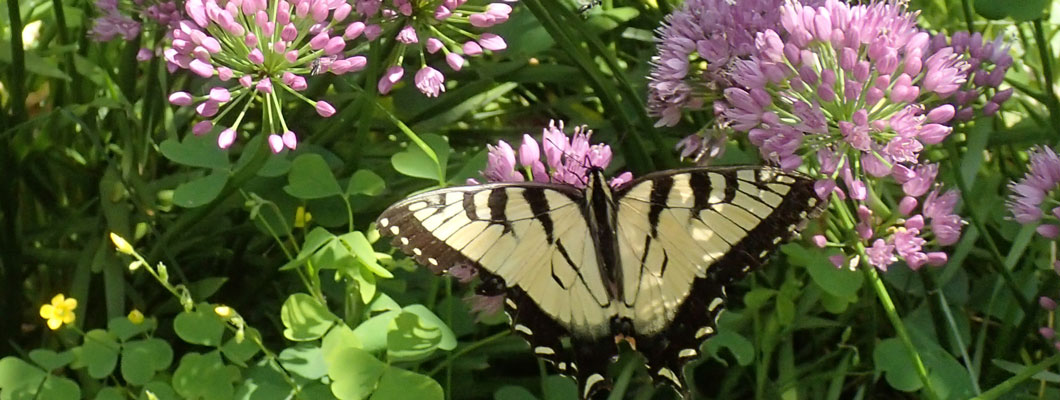
I often receive requests for gardens to attract and sustain birds. Both the diets and nesting sites of birds vary. Some of our bird friends’ nest in canopy trees while others are ground nesters, preferring the shelter of clump forming native grasses and shrubs. Non-migratory birds require the winter shelter of coniferous evergreens. So, creating a habitat for birds is best accomplished with a multi-faceted approach of providing food via insects and berries, and shelter via evergreens, understory trees and meadow areas. Native plants offer the best possible environment for birds, pollinators and other critters in a healthy ecological system.
Construction Remediation
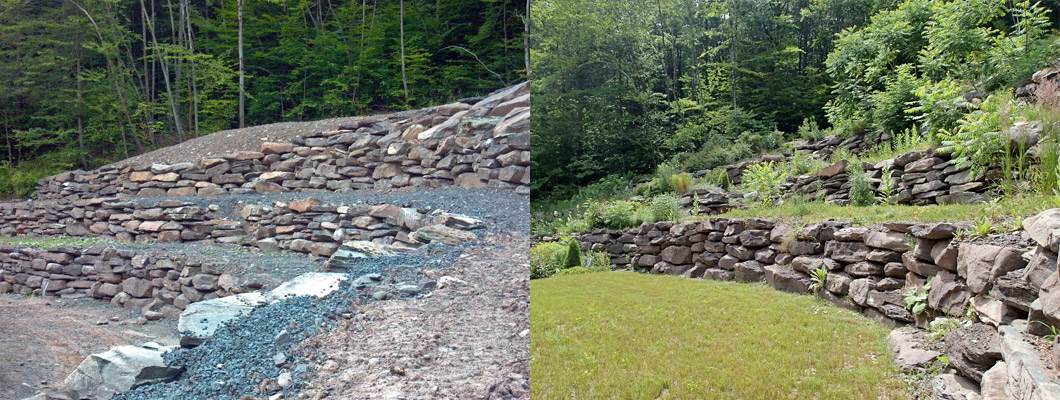
The landscape after a new home construction or remodeling/addition building is often compacted hardpan in which only hardiest of weeds volunteer. In actuality, a bare site fresh off construction is prime for creating a meadow garden of native, hardy and adaptable wildflowers and grasses. Post construction, immediately covering bare earth with meadow plants forestalls weeds from colonizing the landscape and prevents erosion. Depending on budget, one can employ premium seed mixes from specialty nurseries or plant plugs for a more immediate effect. The benefits of a meadow-style planting are lower long-term maintenance with less fuel inputs and zero toxic poisons typically required for the traditional turf lawn. Meadow gardens provide shelter and food sources for pollinators and birds in the form of native wildflowers, perennials and grasses. Typically, meadow gardens require mowing once per year.
Writing and Speaking Engagements
For a time I was a contributing writer to Horticulture Magazine. My profiles include Catskill Native Nursery (November/December 2016), “Shrubs in the Swim” (November/December 2017) about ornamental native shrubs that prefer moist to wet site conditions. Other articles featured a visit to the Bellar Garden, a private garden in Andes, New York (July/August 2018) and a profile of the Mountaintop Arboretum in Tannersville (November/December 2018) as well as A Fly-By-Night Garden (July/August 2019) that details how to support nighttime pollinators like moths.
Gardeners enjoy sharing Earth knowledge and I am now different, having given numerous presentations on native plants and water wise gardening at the Phoenicia Library. The five-class landscape design series entitled “Designing Your Landscape: From Vision to Reality” was so popular there was a wait list to attend. The class covered site inventory and analysis, spatial relations and scale and planting design basics including how to attract pollinators, beneficial insects and birds to your garden.
In years past I’ve partnered with the Woodstock Pollinator Pathways Project to present ZOOM webinars on Gardening with Native Plants. All webinars are available on the Woodstock Pollinator Pathway Facebook page.
I’m available for speaking engagements on native plants and ecological horticulture. Please email for availability and information on presentation outline and handouts.
